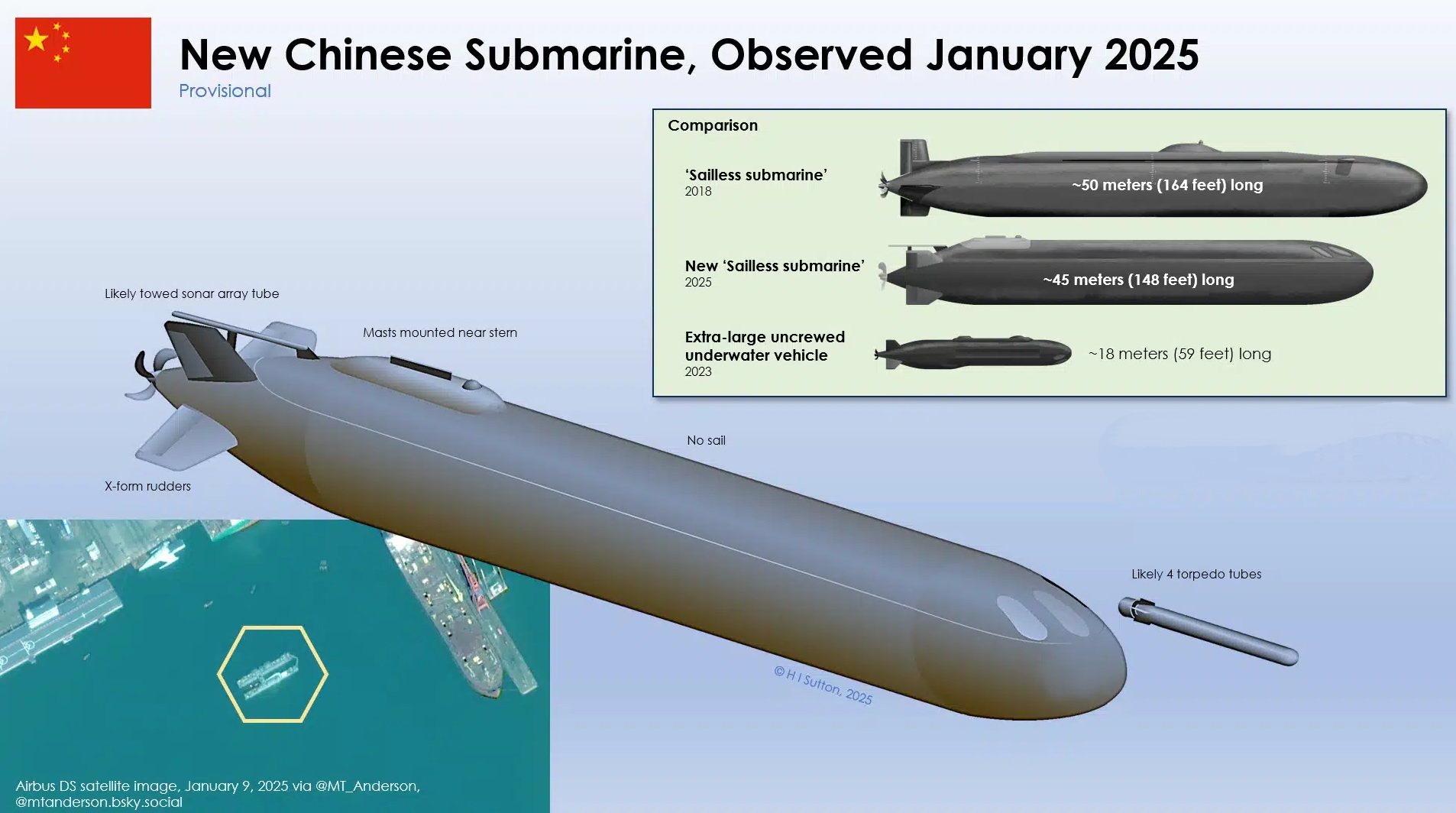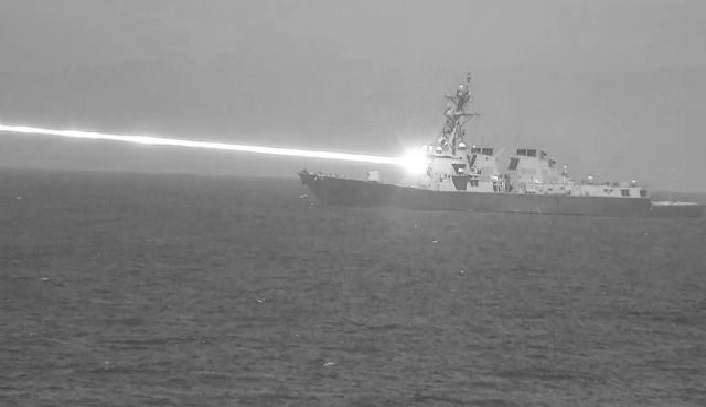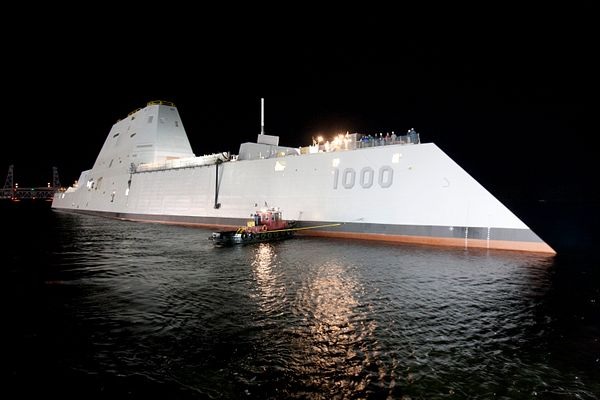Indian Army's FRCV Delays Force T-72 Tank Life Extension to 2035 Amid Modernization Challenges

The Indian Army's ambitious Future Ready Combat Vehicle (FRCV) project, designed to overhaul its armored fleet with cutting-edge main battle tanks (MBTs), has encountered significant delays, pushing the service life of the aging T-72 tanks to an extended timeline of 2035. The FRCV, intended as a next-generation replacement for the Soviet-era T-72 tanks, remains stalled at the conceptual phase, leaving the Army dependent on outdated platforms amidst evolving combat scenarios.
The FRCV program is a vital part of India's broader defense modernization strategy, aiming to equip the Army with advanced tanks capable of addressing modern battlefield dynamics. These new platforms are envisioned to feature superior mobility, robust survivability, and state-of-the-art firepower systems, ensuring operational readiness across various terrains. However, procedural bottlenecks have kept the project from advancing, with the provisional staff qualitative requirements (PSQR) becoming the primary stumbling block.
The Critical Role of PSQR in FRCV
The PSQR document is a comprehensive set of specifications that outlines the Army's expectations for the FRCV's capabilities. These include features such as advanced armor protection, multi-spectral stealth technologies, modular weapon systems, and an emphasis on automated and network-centric operations. The PSQR acts as the baseline for manufacturers to design and propose prototypes, but its prolonged finalization has stalled the project at the very outset.
Aging T-72 Fleet: Stopgap Measures
The T-72 tanks, inducted into the Indian Army in the late 1970s, have seen numerous upgrades over the decades, including enhanced thermal imaging systems, night-vision capabilities, advanced fire-control mechanisms, and improved mobility systems. Despite these updates, the T-72's design is fundamentally outdated when compared to modern MBTs such as the Russian T-90MS or Western counterparts like the M1A2 Abrams and Leopard 2A7.
Recognizing this gap, the Army plans to implement further incremental upgrades for the T-72 fleet, such as:
- Improved Powerpacks: Upgrading the engines to provide better speed and fuel efficiency.
- Advanced Thermal Imaging: Enhancing target acquisition capabilities in adverse weather and low-visibility conditions.
- Next-Generation Fire Control Systems: Integrating more precise targeting mechanisms for enhanced combat effectiveness.
- Survivability Enhancements: Adding modular armor packages to improve protection against anti-tank guided missiles (ATGMs).
However, these measures are only temporary stopgaps, as the T-72 remains fundamentally ill-suited for future combat scenarios involving high-intensity conflicts or networked warfare.
The Path Ahead for the FRCV
Once the PSQR is finalized, the FRCV program will progress to its next stage, inviting global and domestic manufacturers to participate in a competitive bidding process. The chosen companies will then develop prototypes, which will undergo rigorous field trials to assess their performance under diverse operational conditions.
The FRCV is expected to include the following features:
- Hybrid Propulsion: A mix of conventional and electric propulsion for better efficiency.
- Modular Design: Allowing for easy replacement and upgrades of systems like weaponry, electronics, and armor.
- AI Integration: Autonomous navigation, target recognition, and decision-making capabilities.
- 360-Degree Situational Awareness: Leveraging advanced sensor suites and battlefield management systems.
Challenges and Strategic Implications
The delays in the FRCV program underscore India's challenges in balancing defense modernization with procedural accountability. While the Army's requirements demand cutting-edge solutions, the bureaucratic red tape has hindered progress. Moreover, the reliance on outdated platforms like the T-72 could expose critical vulnerabilities in future conflicts, particularly against adversaries deploying technologically superior MBTs.
Streamlining the procurement process and expediting the FRCV's development are imperative to ensure the Indian Army maintains a credible deterrent and operational superiority in the years ahead.



